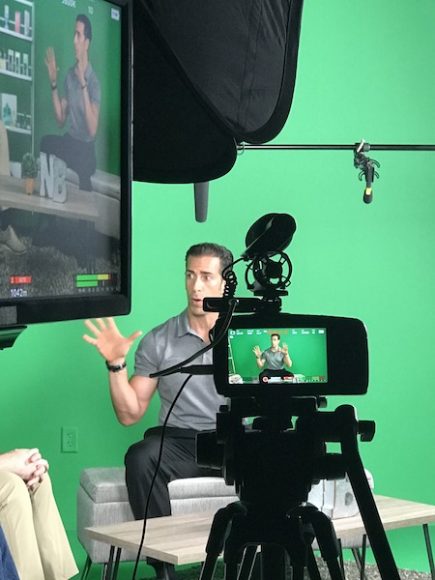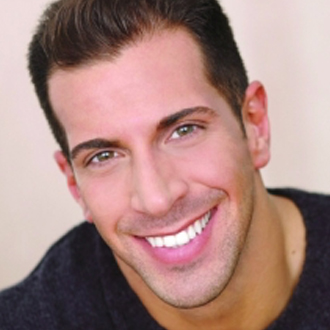“Where there is too much, something is missing.” — humorist Leo Rosten
Fitness does not always equal health. This statement may seem a bit puzzling to some, but everything comes at a cost, even high fitness levels. What could end up happening is that health is sacrificed to gain fitness and performance, trying to optimize one at the cost of another.
Let’s look at some examples:
• When close to 1,500 Norwegian group exercise instructors were surveyed, 57% disclosed dealing with musculoskeletal and/or joint injury or pain. For these full-time instructors, they could be teaching very intense classes 20 to 30 times a week. Imagine how tired you are from taking a few a week
• Excessive endurance training athletes may have five times increased risk of atrial fibrillation. You can be fit from a cardio perspective but not healthy from a cardio perspective. You can literally run yourself to death.
• Bodybuilders have a higher mortality rate than the average person. Take a look at bodybuilders in their 50s and over. How are they moving? How many injuries are they complaining about?
• There has been a large increase in number of shoulder and elbow injuries in youth baseball and softball. Is playing a sport year-round doing more harm than good?
• About 80% of injuries in golf are due to overuse. How many golf and tennis enthusiasts talk about how much of a wreck their bodies are?
• There has been a 35% increase in overuse injuries at the gym over the last six years. Getting tired and getting sore not equate to progress.
The individual should be treated based on the goal and readiness. For example, there are countless stories of those who haven’t been to the gym in a long time and decide to take a high intensity class. They can’t walk for days, it inhibits anything they want to do in exercise, they probably don’t feel like exercising and they tear up their body.
Specificity and overload
Two major training principles that I often remind my clients and students of are specificity and overload.
The law of specificity states that the more I do something, the better (more efficient) I should be at it. This applies to just about anything in life. Think about the first time that you tried to do something completely new and how over time your body (and brain) adapted to it and improved. In many ways this is good, right? Don’t we want to get more efficient at something, especially when it comes to exercise? However, if we continue doing the same things repetitively over and over, then the body will become so efficient that there will no longer be a training effect. On the other hand, if we do something different all the time, then our body will not be good at anything. It will simply be good at doing a lot of things in a mediocre way at best.
The overload principle states that to make progress we must be challenged. If we want a muscle to grow, then we need to take it to a certain point (a point that it hasn’t reached before) so then it can repair and become stronger for the future.
I know many strength and conditioning coaches who do an excellent job of preparing their athletes for the rigors of their particular sports while also allowing them not to get overworked ramping up for a season or competition and then complementing their training in the offseason and preseason. Whatever endeavor we engage in requires variety to promote sustainable outcomes.
There must be balance
Variety and repetition lie on a spectrum. Too much repetition, whether in postures or movements, leads to decay in the body. “Too much” comes at a consequence to our musculoskeletal, cardiorespiratory, mental/emotional, neural and even gut health. We need variety to optimize our health and performance. However, too much variety doesn’t allow the body to adapt to specific needs. The problem we must solve is how to introduce variety in a structured way so we can achieve specific outcomes while also creating resiliency and sustainability. This is where having an experienced health coach with you provides just the right blend of both structure and variety.
This is a topic that obviously runs very deep, so feel free to email me at Gio@GiovanniRoselli.com for any comments or questions. If there was ever a time to have balance in our lives, it’s now.


